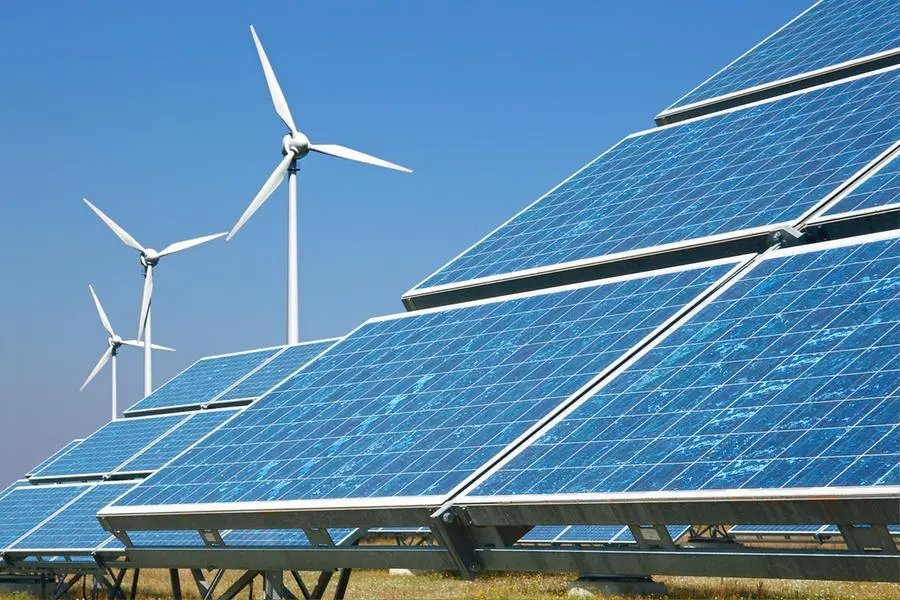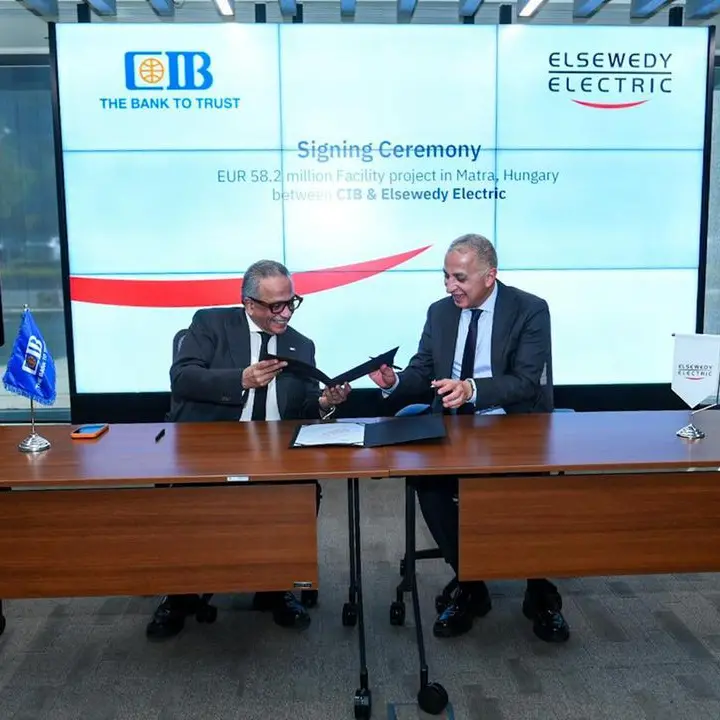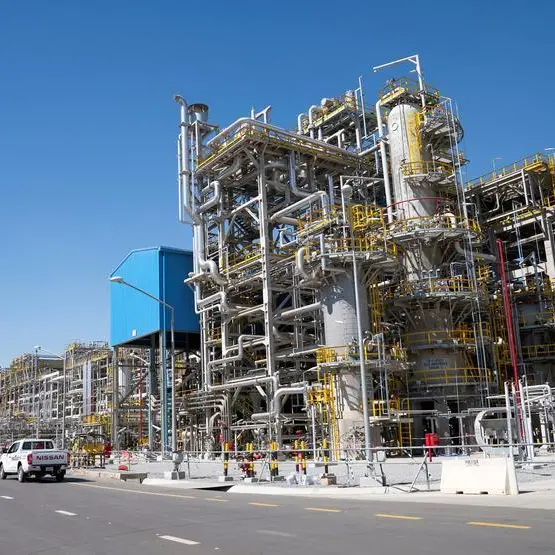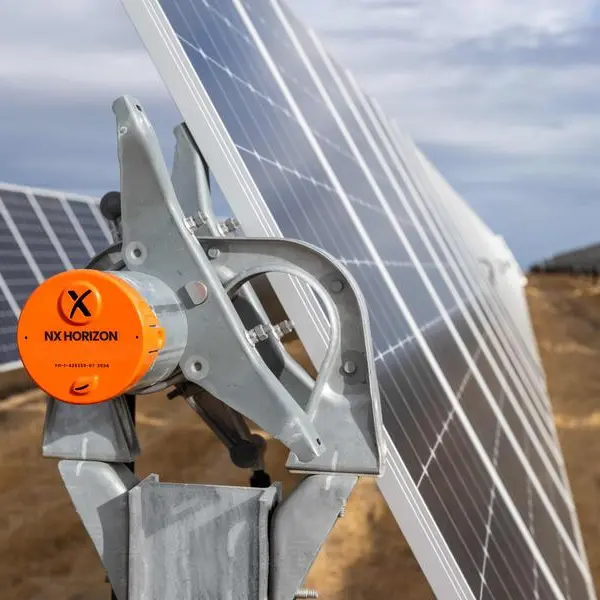PHOTO
The vast deserts that sprawl across 80 percent of the Middle East, a region long defined by its reliance on fossil fuels, are now witnessing a significant transformation. A growing awareness of environmental challenges and economic opportunities is driving a resolute shift towards clean energy solutions.
Several factors are influencing this transition. The Middle East faces severe water scarcity, with climate change expected to exacerbate this challenge by 50 per cent. Additionally, the region's economies are heavily reliant on fossil fuels, making them vulnerable to price fluctuations. Diversifying energy sources with renewables like solar and wind power offers a path towards economic stability and environmental sustainability.
Strategic investments
Sovereign Wealth Funds (SWFs) in the Middle East, managing a staggering $3.8 trillion in assets, are strategically pivoting investments towards green energy and decarbonisation efforts. A report by Bain & Company highlights a 20 percent rise in SWF investments in clean energy and sustainable technologies in 2023, with a specific focus on net-zero targets and decarbonisation. The Arab Energy Fund (formerly Apicorp), a prominent energy sector lender, exemplifies this trend with its $1 billion pledge towards a cleaner future and a 20 percent reduction in its portfolio's carbon footprint by 2025. These bold steps showcase a clear understanding: The Middle East's long-term prosperity hinges on embracing a greener future.
Benefits of decarbonisation
The benefits of decarbonisation are multifaceted. Reduced reliance on fossil fuels translates to cleaner air, mitigates climate change, and safeguards the region's delicate ecosystems. Studies estimate that a shift towards renewables could create up to 9 million new jobs in the Middle East by 2050. Diversifying economies with clean energy could contribute an additional 5 percent of GDP by 2030, attracting significant foreign investments. Furthermore, the Middle East possesses the perfect geographical advantage for leading the renewable energy revolution. The region's abundant sunshine presents a perfect opportunity for large-scale solar power generation, with an estimated potential of 400 gigawatts (GW) of capacity by 2030, enough to meet the entire region's electricity needs. Investments in wind farms and energy storage solutions can further strengthen the green energy grid.
Global cooperation
The recent World Trade Organisation (WTO) negotiations in Abu Dhabi further highlight the global momentum towards decarbonisation. While no major breakthrough occurred regarding fossil fuel subsidies, the commitment to accelerating discussions on dispute settlement reforms related to environmental policies is a positive step. It highlights the growing recognition of the need for a global trade framework that supports sustainable development goals. Active participation in these WTO discussions allows the Middle East to ensure its green initiatives complement international trade regulations, fostering a more predictable environment for attracting clean energy investments.
Islamic finance and green investments
Another unique advantage lies in the region's leadership in Islamic finance, a $2 trillion industry. Islamic finance principles emphasise social responsibility and environmental stewardship. By developing innovative Sharia-compliant financial instruments, like green Sukuk, the Middle East can attract significant green investments not just domestically but also from the wider Muslim world, estimated at $34 trillion in assets.
The Middle East's shift towards clean energy is not a passing trend; it is a firm commitment driven by a confluence of economic, environmental, and technological factors. By harnessing its natural resources, leveraging its financial expertise, and actively engaging in global dialogues, the Middle East is poised to become a leader in the clean energy revolution, transforming its deserts into a sustainable oasis for generations to come.
(Alena Dique is Founder of ESG Middle East Insights. She is an ESG advisor specialising in SDGs and economic diversification and holds a certification in CFA ESG Investing. She is also a certified UNCTAD Youth Network coordinator and currently serves as Associate Director at Gulf Intelligence. Any opinions expressed in this article are the author’s own)





















